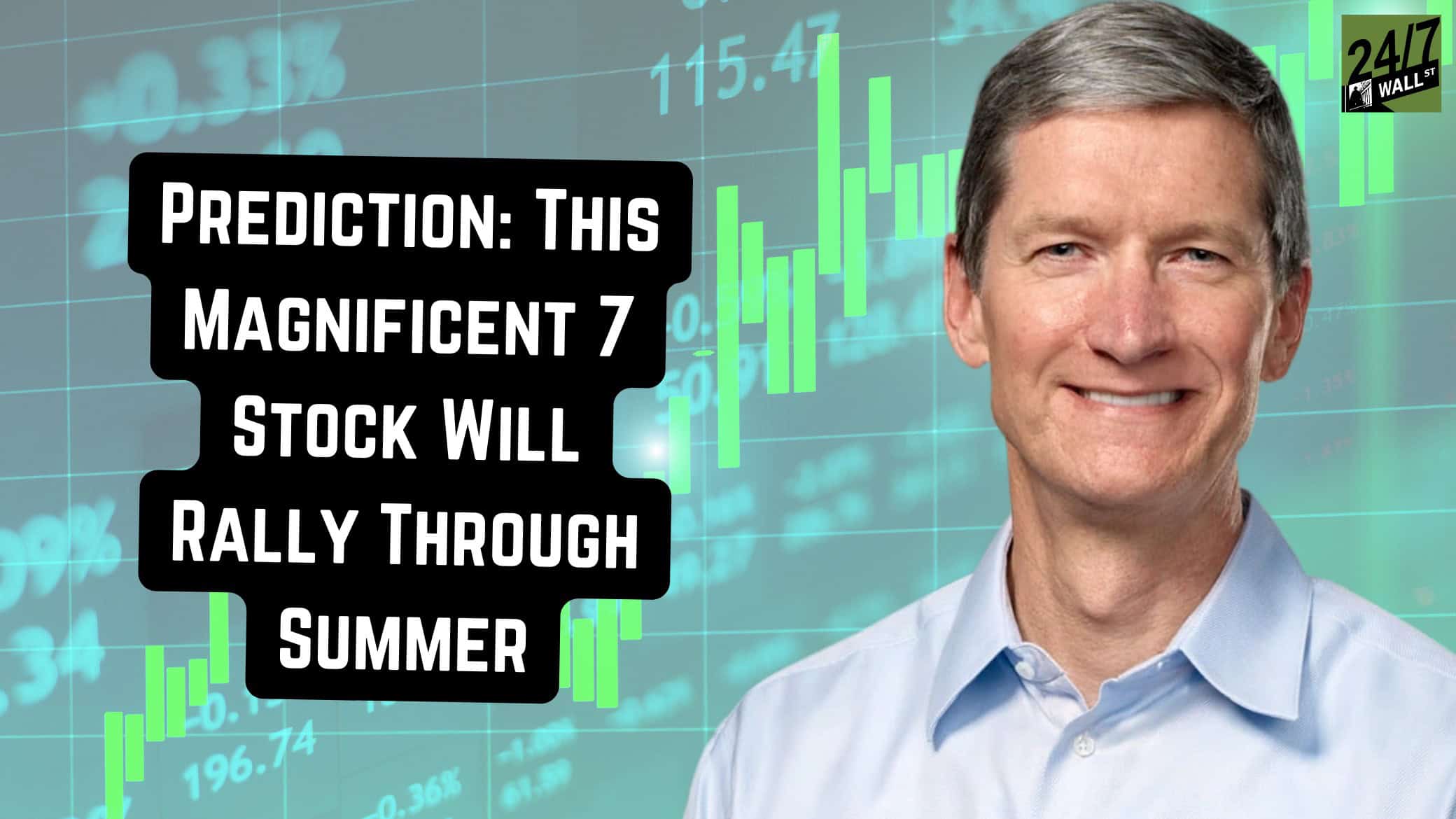
The Visual Capitalist published a chart in June that highlighted the Magnificent 7’s stock buybacks between June 2023 and June 2024. Five of the seven bought back $208 billion of their stock over these 12 months, averaging nearly $42 billion each.
You have to generate a whole lot of free cash flow to be able to pull that off.
NYU Stern School of Business finance professor Aswath Damodaran recently appeared on Bloomberg Television to discuss the Magnificent Seven. He had good things to say about them.
“‘As a value investor, I have never seen cash machines as lucrative as these companies are,’ Aswath Damodaran, a finance professor at NYU’s Stern School of Business, said in a Bloomberg Television interview. ‘And I don’t see the cash machine slowing down,” Yahoo Finance reported the influential professor’s comments about the Mag 7.
In 2023, the Magnificent Seven doubled in value, and they’re up more than 60% in 2024. Damodaran calls them “insanely profitable,” so he owns all seven.
While the Mag 7 are undoubtedly massive cash machines, their stock buybacks aren’t necessarily all home runs based on the returns on investment.
Here’s how all seven rate based on their share repurchases from their most recent fiscal year.
Key Points About This Article:
- Meta Platforms (NASDAQ:META) has done the best job buying back stock of the Magnificent Seven.
- Alphabet (NASDAQ:GOOG) added a dividend that vaulted it to the top regarding returning capital to shareholders.
- Fortunately for Nvidia (NASDAQ:NVDA) shareholders, returns have been tremendous because it hasn’t done a good job buying back its stock.
- If you’re looking for some stocks with huge potential, make sure to grab a free copy of our brand-new “The Next NVIDIA” report. It features a software stock we’re confident has 10X potential.
Apple (AAPL)
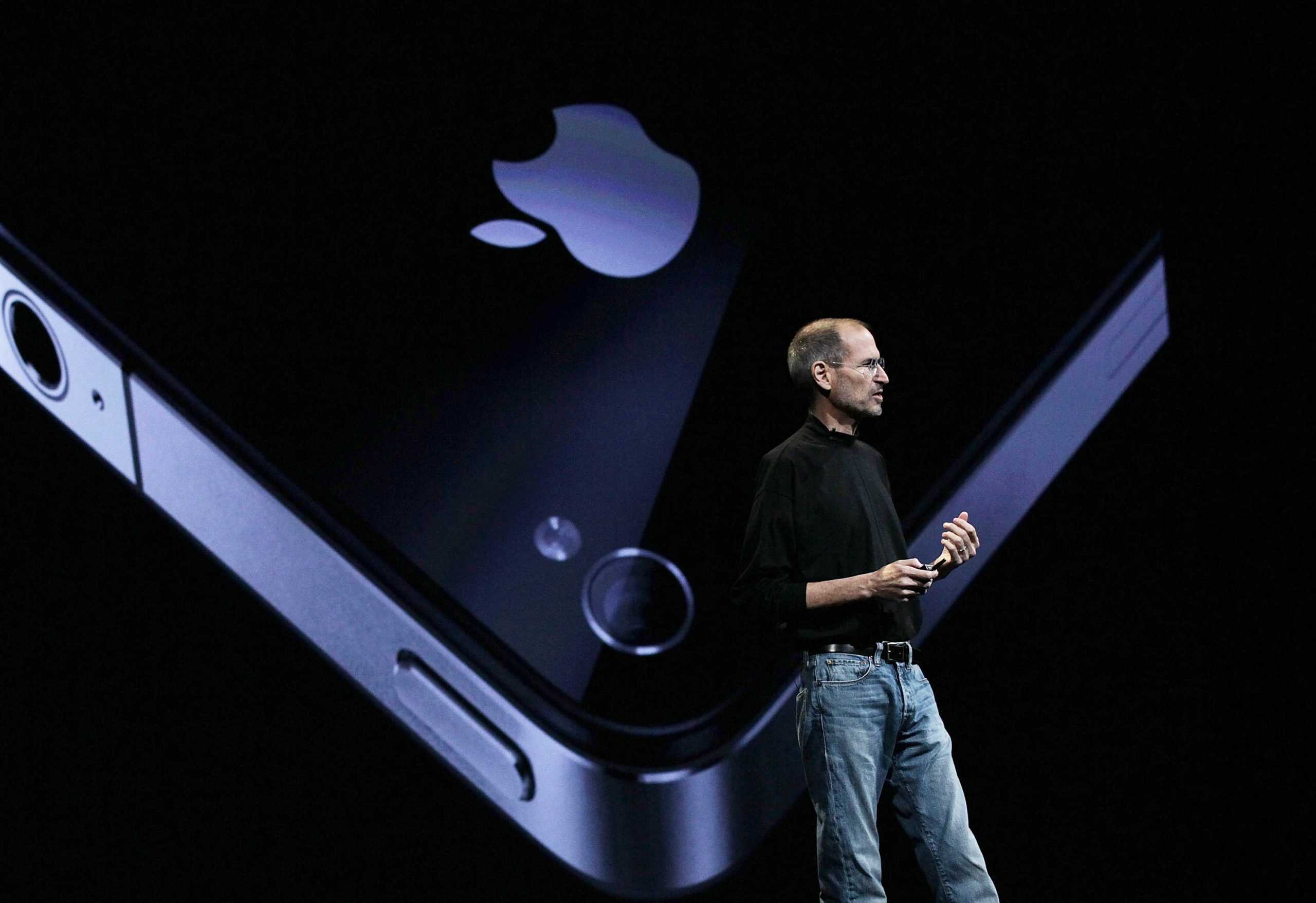
Apple’s (NASDAQ:AAPL) latest fiscal year ended Sept. 30.
In the last 12 months, it repurchased $95.0 billion of its stock and paid out $15.2 billion in dividends, returning $110.2 billion in capital to shareholders. That’s about 3.0% of its market cap of $3.65 trillion.
In May, the company announced a new share repurchase program of up to $110 billion, about the same amount it repurchased in fiscal 2024.
Apple bought back 499 million shares in 2024, reducing its share count by 3.2%. It paid an average of $190.38 for its shares. That’s a return on investment of 27.0% on its shares repurchases.
Based on its 52-week high of $241.83 and its 52-week low of $164.08, it paid 6.2% less than the midpoint of $202.96.
Apple gets an B rating for returning so much to shareholders.
Alphabet (GOOG)
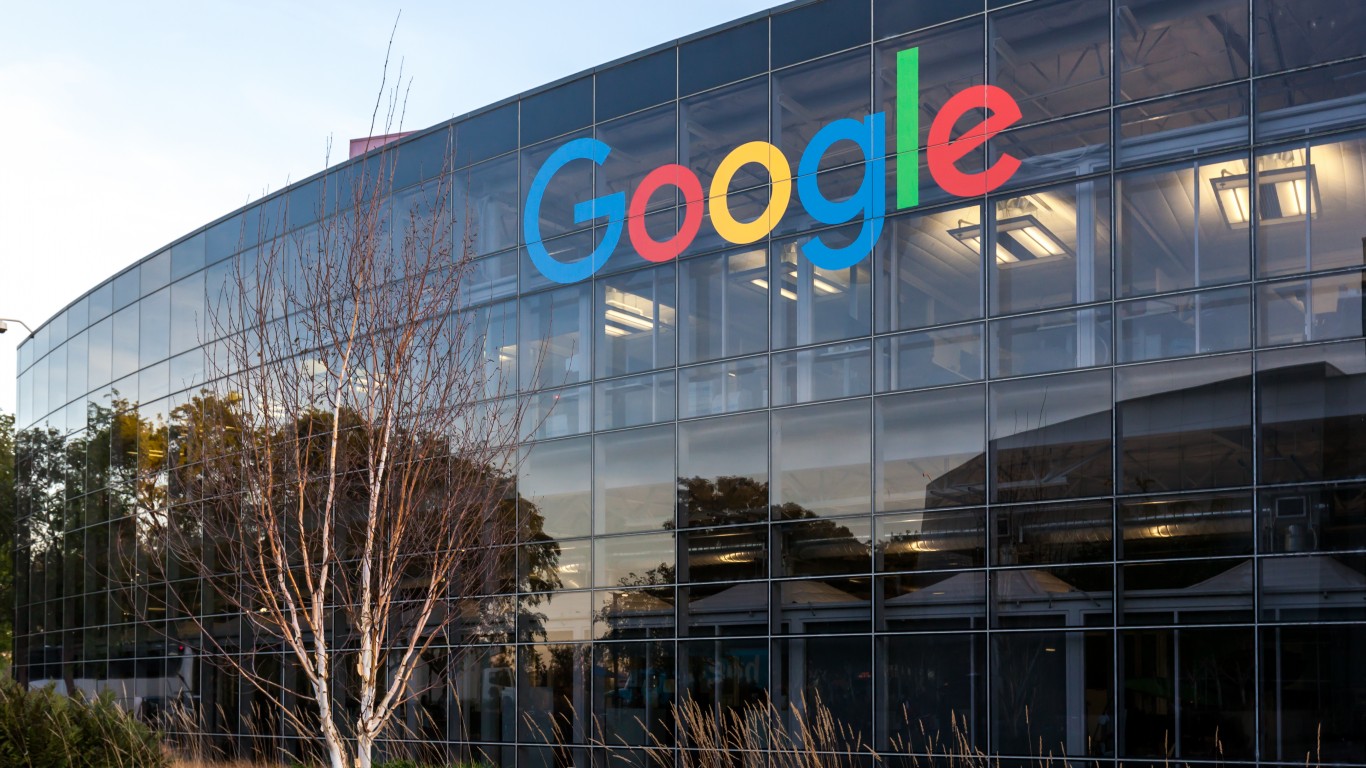
Alphabet’s (NASDAQ:GOOG) latest fiscal year ended Dec. 31, 2023.
In the last 12 months, it repurchased $62.18 billion of its stock, $52.87 billion of which was for Class C shares (GOOG) and the remaining $9.2 billion in Class A shares (GOOGL). In 2023, it did not pay a dividend. However, in April, it announced a $0.20 quarterly dividend beginning in June. The annual rate of $0.80 yields 0.5%.
Assuming it paid a 20-cent dividend in 2023, it would have dished out $9.79 billion in dividends. Combined with the $62.18 billion for share repurchases, it would have returned about 3.4% of its market cap of $2.11 trillion to shareholders last year.
Alphabet bought back 469 million of its GOOG shares in 2023, paying an average of $112.10 for each. That’s a return on investment of 54.2% for its share repurchases.
Based on its 2023 high of $143.95 and low of $85.57, it paid 2.3% less than the midpoint of $114.76.
Alphabet gets a B rating for returning the most for its shareholders relative to its market cap.
Meta Platforms (META)

Meta Platforms’ (NASDAQ:META) latest fiscal year ended Dec. 31, 2023.
Meta first authorized a share repurchase program with no expiration in November 2016. In January, it added $50 billion to the program.
In the latest 12 months, it repurchased $20.03 billion of its stock. In 2023, it did not pay a dividend. However, in February, it announced a $0.50 quarterly dividend beginning in March. The annual rate of $2.00 yields 0.3%.
Assuming it paid a 50-cent dividend in 2023, it would have dished out $5.05 billion in dividends. Combined with the $20.03 billion for share repurchases, it would have returned about 1.6% of its market cap of $1.54 trillion to shareholders last year.
The company bought back 92 million of its META shares in 2023. It paid an average of $217.72 for each. That’s a return on investment of 180.0% for its shares repurchases.
Based on its 2023 high of $361.90 and low of $122.28, it paid 10.1% less than the midpoint of $242.09.
Meta Platforms gets an A+ rating because it’s done the best job of buying back its stock.
Microsoft (MSFT)
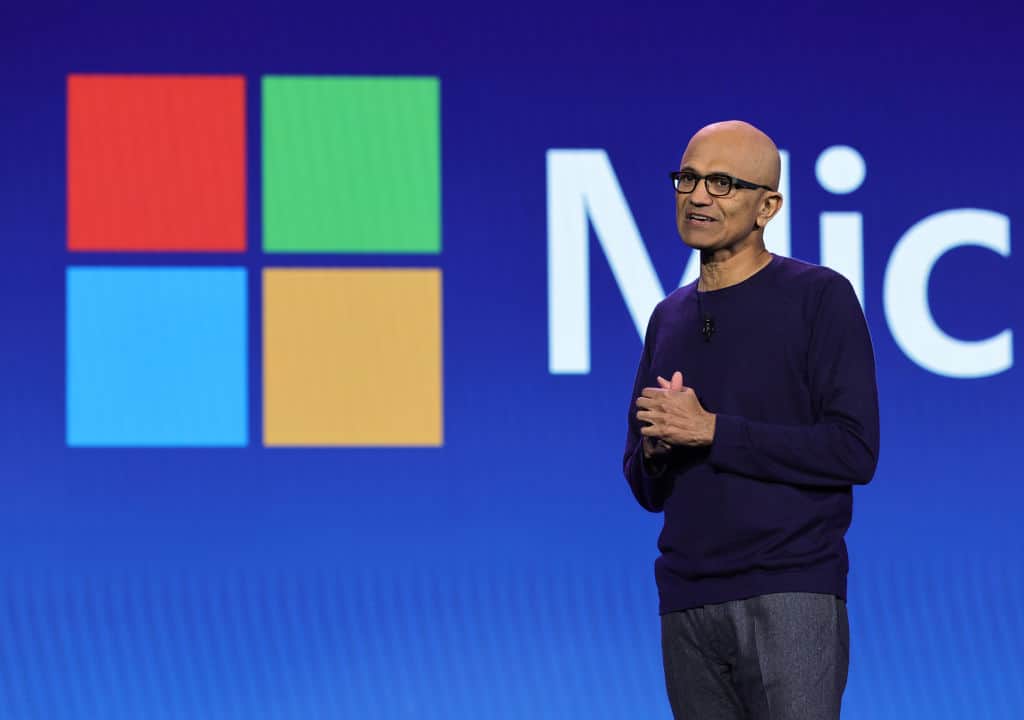
Microsoft’s (NASDAQ:MSFT) latest fiscal year ended June 30.
In the last 12 months, it repurchased $12.0 billion of its stock and paid out $22.3 billion in dividends, returning $34.3 billion in capital to shareholders. That’s about 1.1% of its market cap of $3.20 trillion.
Microsoft started a new $60 billion share repurchase program in September 2021. It has $10.3 billion still outstanding. In 2024, it bought back 32 million of its shares, paying an average of $375.0 per share. That’s a return on investment of 14.8% on its share repurchases.
Based on its 52-week high of $468.35 and its 52-week low of $309.45 during the 12 months ended June 30, it paid 3.6% less than the midpoint of $388.90.
Microsoft gets a C rating. Nothing stands out.
Nvidia (NVDA)
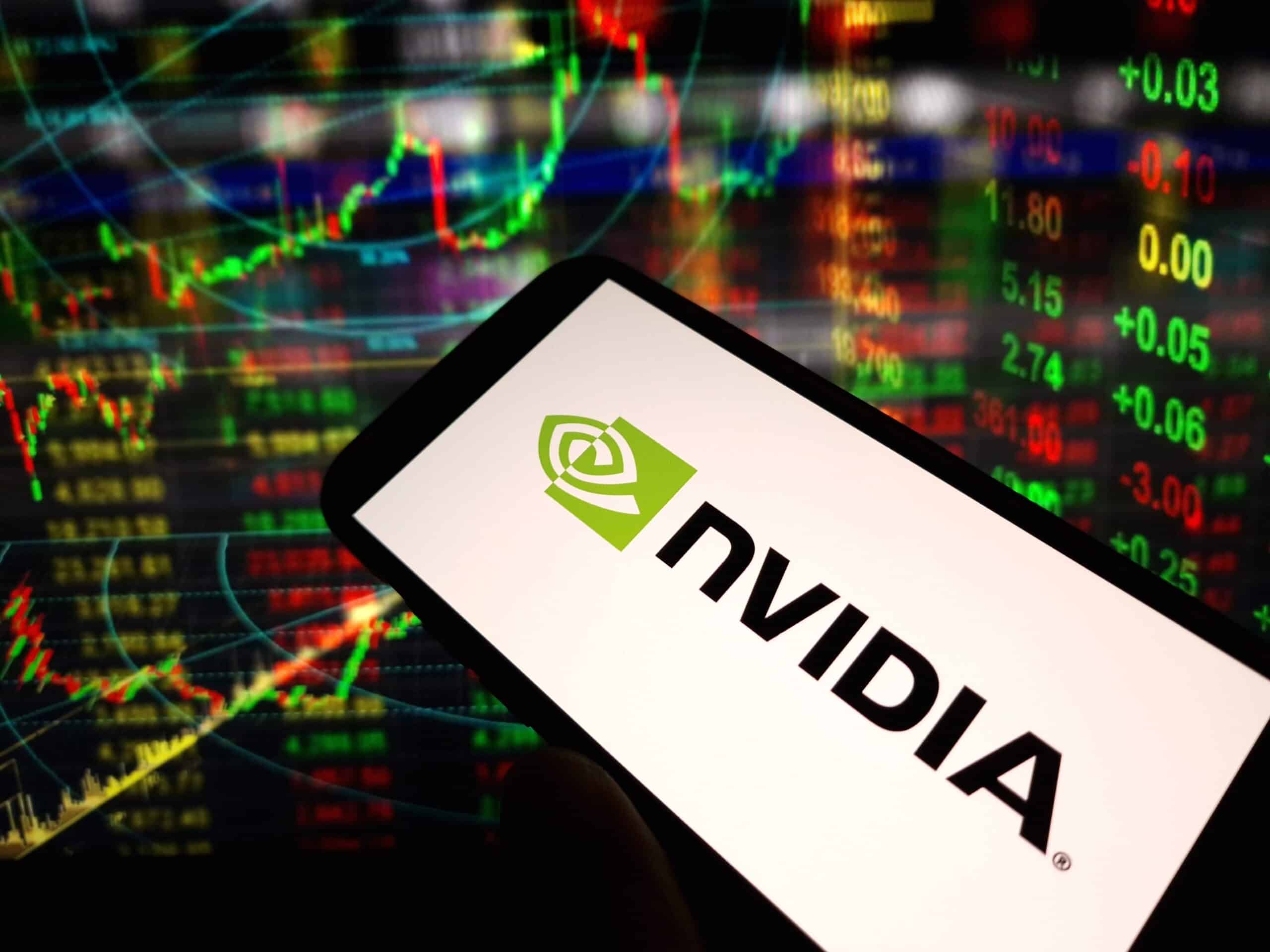
Nvidia’s (NASDAQ:NVDA) latest fiscal year ended Jan. 28.
In the last 12 months, it repurchased $9.7 billion of its stock and paid out $395 million in dividends, returning $10.1 billion in capital to shareholders. That’s about 0.3% of its market cap of $3.43 trillion.
In August 2023, Nvidia added $25 billion to its share repurchase program. As of Jan. 31, it had $22.5 billion outstanding.
It bought back 21 million of its shares in 2024, paying an average of $461.90 for them. However, if you factor in the company’s 10-for-1 stock split on June 10, the average price falls to $46.19, a return on investment of 202.9% on its share repurchases.
Based on its 52-week high of $66.60 and its 52-week low of $20.42, it paid 6.2% more than the midpoint of $43.51.
Nvidia should get an F for paying more than the midpoint for its shares. However, it worked out because of its tremendous gains in 2024.
Note: Tesla (NASDAQ:TSLA) doesn’t do share repurchases. Amazon (NASDAQ:AMZN) hasn’t done any since 2022. They both don’t get a rating as a result.
Thank you for reading! Have some feedback for us?
Contact the 24/7 Wall St. editorial team.





